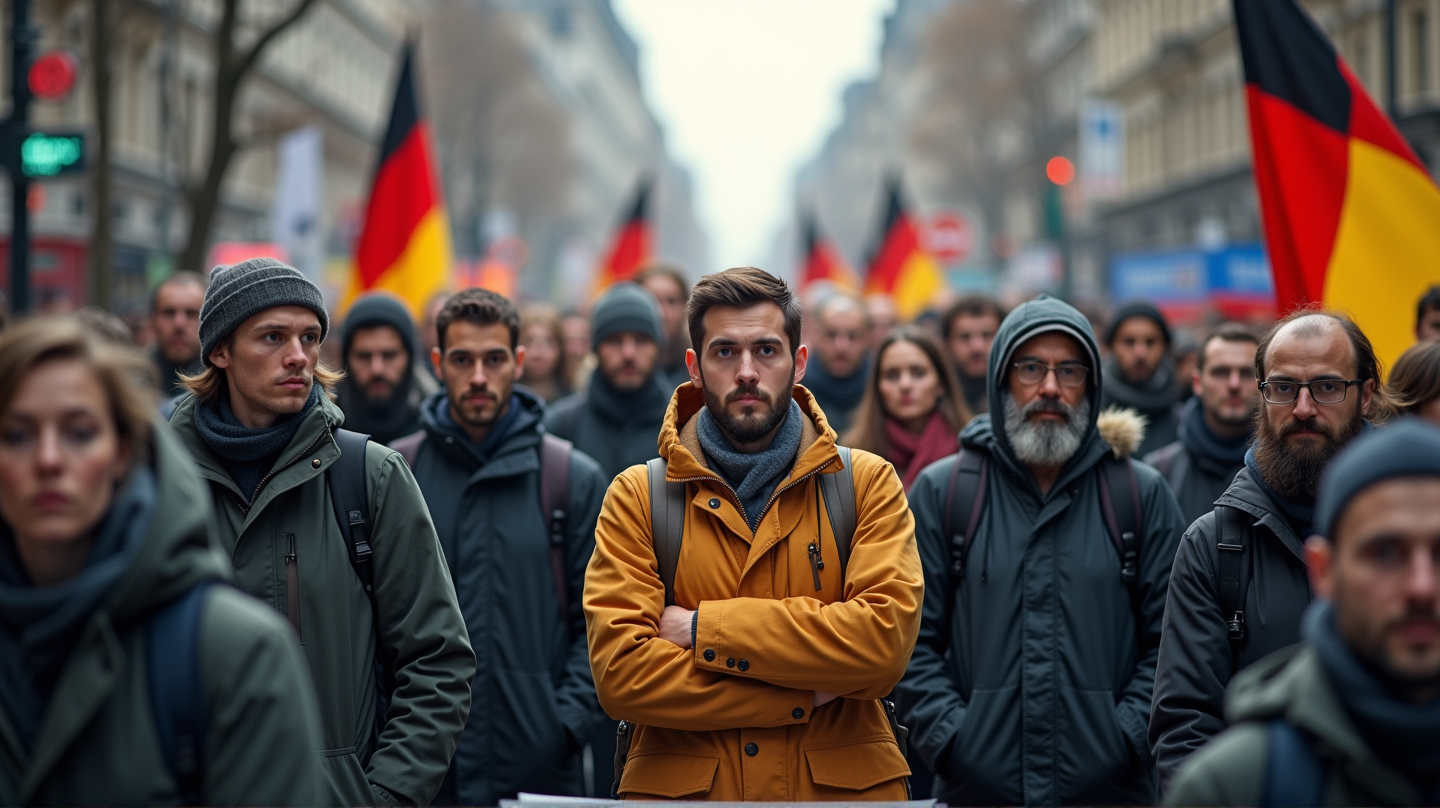Stunning Revelation: Left Dominates German Elections Among Muslim Voters

In a remarkable turn of events, the Left in Germany could have secured a whopping 70% of the votes if the elections were only held among Muslim communities. This intriguing insight unveils the unique political dynamics at play within Germany’s diverse voter base. What drives this overwhelming support, and what does it mean for the future political landscape?
The Underlying Factors
The Left’s appeal among Muslim voters might be rooted in policies that resonate with the community’s values and concerns. As stated in The European Conservative, social justice, immigration policies, and economic equality seem to align closely with the aspirations of Germany’s Muslim demographic, forming a foundation of support that the Left has harnessed effectively.
Understanding the Muslim Impact
Muslim voters in Germany haven’t always been uniformly partisan, but recent trends indicate a distinct shift. According to a survey, this demographic seems to prefer liberal policies that focus on integration, anti-discrimination measures, and welfare provisions, key pillars championed by the Left. This preference highlights a desire for inclusive governance that addresses societal challenges faced by minorities.
Comparative Analysis with Other Demographics
When contrasting voting patterns across different communities in Germany, a stark difference emerges. While the Left garners substantial support from Muslims, other demographics display varied allegiances, indicating that cultural and socio-economic factors significantly influence political choices. This diversity underscores the multifaceted nature of electoral dynamics in Germany.
Implications for Future Elections
The Left’s potential to secure 70% of Muslim votes suggests a need for other political entities to reevaluate their strategies and outreach programs. As demographic shifts continue and populations grow, the importance of engaging with minority communities is increasingly paramount. This scenario is a wake-up call for political adaptability in an ever-evolving society.
Conclusion: A New Era in German Politics?
The Left’s dominance among Muslim voters in this hypothetical election scenario opens a broader discussion on representation and inclusivity. With Muslims constituting a notable part of the electorate, their political influence could shape the direction of Germany’s future policies, paving the way for more diverse governance.
This analysis not only offers a glimpse into the present but also presents an opportunity to reflect on the paths political parties might take to embrace a more inclusive approach, ensuring all voices are heard. The road to a harmonious and representative political framework may be closer than anticipated, should these insights be taken to heart.





